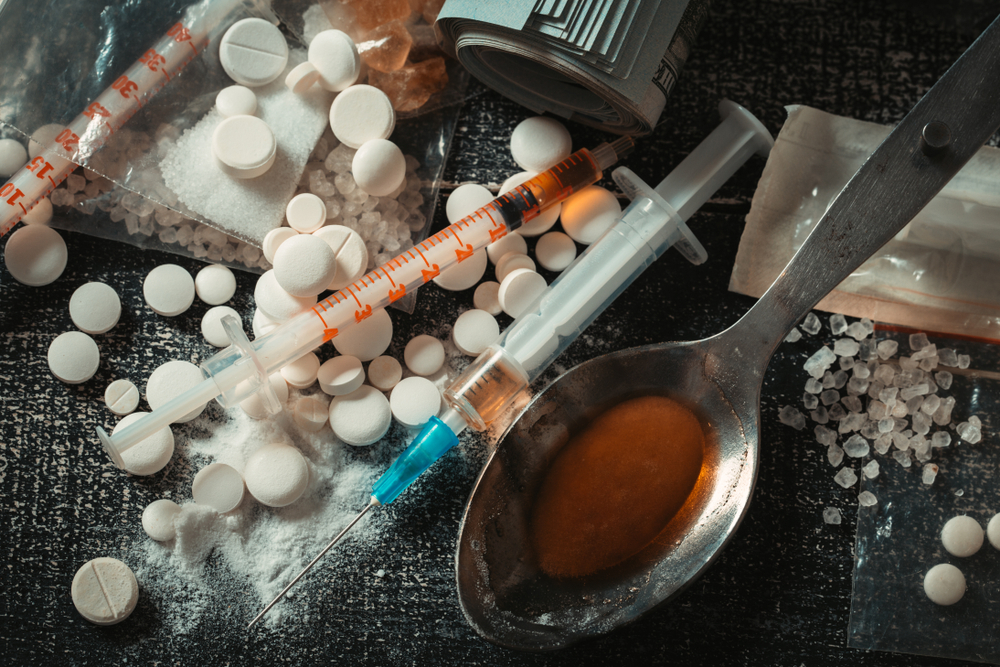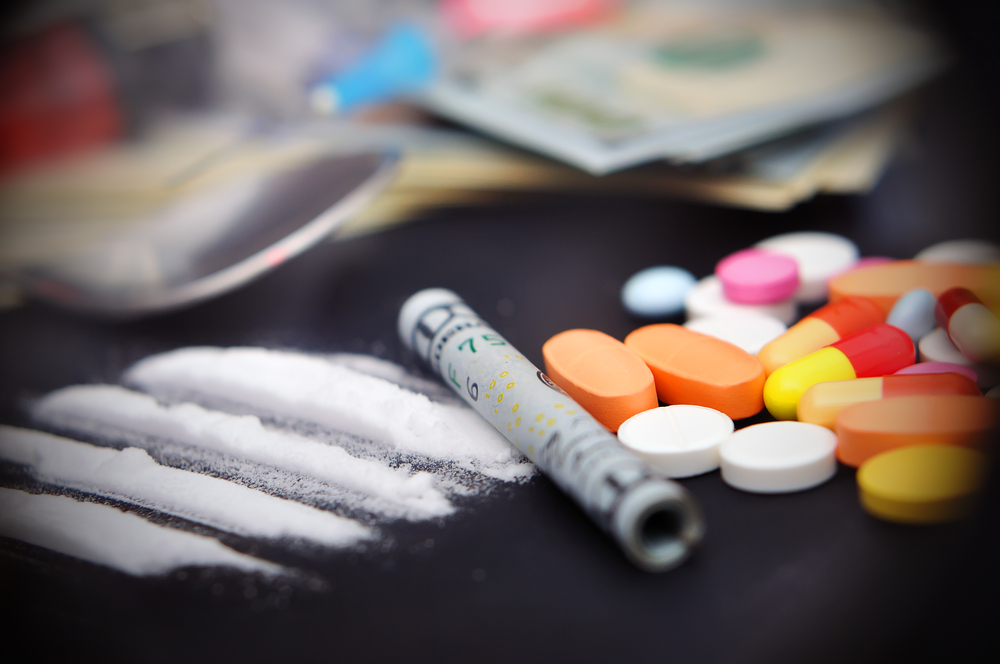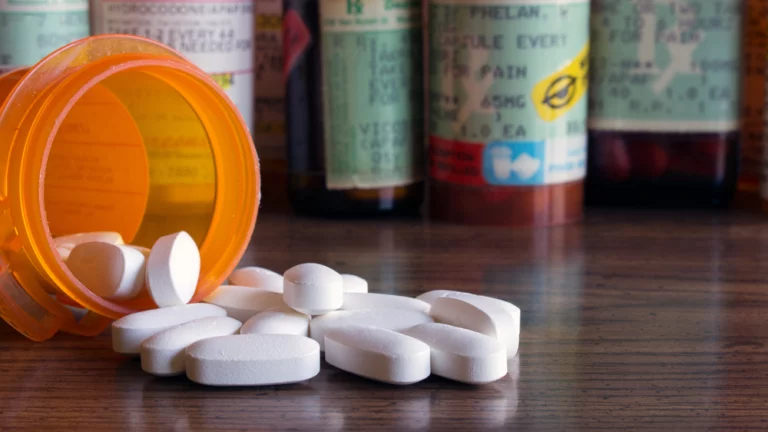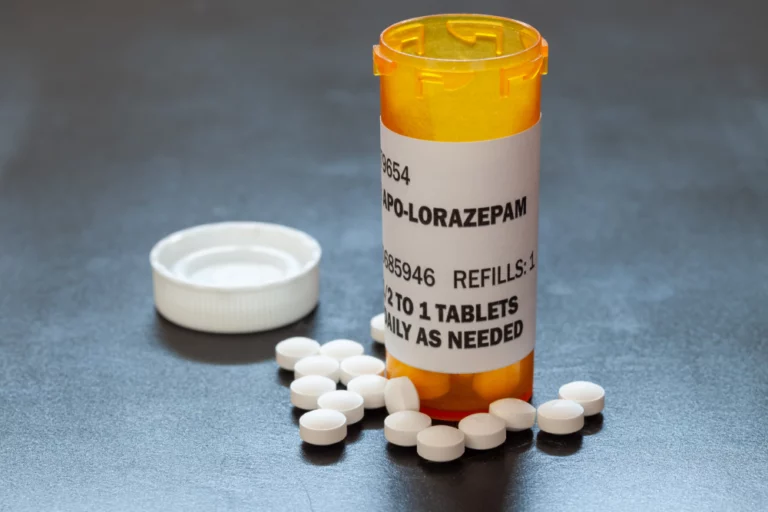You may have heard people discuss an upper vs. downer before. Drugs may be identified by their generic name, brand name, and street names, in addition to their drug classifications. “Uppers” and “downers” are slang terms used to describe how a drug affects the central nervous system. “Uppers” are stimulants, while “downers” are defined as depressants. These two slang terms encompass a wide range of substances, some of which are legal and some of which are not.
Uppers and downers have opposite impacts on the body, as their names imply. Using two drugs with the same effect (e.g. two uppers or two downers) is risky, as is mixing them. What are uppers, downers, and why are they named as such? Both types of medication are addictive and dangerous. Let’s discuss uppers, downers, and why they are named as such.
What is a Downer?
Central nervous system (CNS) depressants are known as downers. They slow down the messages between the central nervous system and the brain, resulting in a sedative effect. They reduce pain and make people drowsy or relaxed. Downers also reduce alertness and concentration.
It is important to understand the differences between legal and illegal sedatives in order to prevent substance abuse. Illegal sedatives such as narcotics are never safe to consume in any amount, and they are notorious for being highly addictive. Their abuse can lead to problems with anxiety, epilepsy, and sleep.
Downers slow down central nervous system functions, such as breathing and heart rate. This may lead to dangerously low oxygen levels in the body, resulting in a coma. Oxygen deprivation is the most significant hazard of abusing downers. An overdose or death may occur if too much of the drug is consumed.
Common Depressants
All CNS depressants have the capacity to lower the central nervous system and reduce brain activity in order to reduce awareness. CNS depressants vary in the way they function, but they all reduce central nervous system activity and brain awareness. Some CNS depressants, particularly those that are generally considered to be safer and are prescribed more often, are often referred to as sedatives or tranquilizers, although these terms are usually applied to other CNS depressants. It is important to note that all CNS depressants have the potential to be addictive and should only be used as prescribed. Common depressants include:
- Alcohol
- Barbituates (Nembutal, Luminal)
- Benzodiazepines (Valium, Xanax)
- Sleeping Pills (Ambien, Lunesta)
- Opioids (heroin, oxycodone, codeine, fentanyl)
What is an Upper?
Uppers are drugs that increase energy, focus, and mood while also boosting self-confidence or sexual prowess, and that is what this slang term refers to. The central nervous system (CNS) and the brain send and receive messages more rapidly when a stimulant is consumed.
Uppers provide an invigorating high, but at the cost of damaging the body. Uppers cause cardiovascular and respiratory function to become dangerously overactive, overwhelming the body. If you’ve ever experienced an adrenaline rush, you probably felt shaky, weak, or dizzy once it passed. Users of stimulant drugs such as cocaine experience a similar response once the drug wears off. Users become exhausted and depressed and seek more uppers to ward off the crash.
There are a number of legal stimulants available to assist with focus and concentration. However, if you consume too much of them, they may overstimulate you, causing heart issues such as hypertension, arrhythmia, heart failure, or even a stroke. Using illicit stimulants is especially dangerous because they are highly powerful and have no safe usage levels.
Common Stimulants
There are a number of stimulant drugs available that you may or may not be familiar with. These include both prescription stimulants and illegal stimulants. Those who are addicted to stimulants should seek therapy immediately, regardless of whether they are legal or not. The following are examples of stimulants:
- Cocaine
- Methamphetamine
- Amphetamines (Ritalin, Adderall, Concerta)
- Ecstasy
- Crack cocaine
The Dangers of Combining Uppers and Downers
People may use a depressant to come down from a stimulant high or vice versa. A speedball, for example (cocaine and heroin), is a kind of high in which people seek to come down. Taking heroin mixed with cocaine, amphetamines, or methamphetamine is very dangerous. John Belushi, River Phoenix, and Chris Farley, among others, are said to have died as a result of a speedball combination of heroin and cocaine, amphetamines, or methamphetamine.
These drugs might also interact poorly when used with other pain, depression, ADHD, or anxiety medications. An unpleasant reaction is particularly likely if a person drinks alcohol while taking them. People sometimes combine uppers and downers without realizing how dangerous it might be.
The combination of an upper and downer can result in a number of serious health problems, in addition to fatal overdoses. The effect of each drug is reduced, creating the illusion that the user is more in control than they actually are. Users may be motivated to continue partying for longer periods and underestimate their intoxication level due to the stimulant effects. Warning signs of CNS depression may be masked by stimulants while downers may mask dangerously fast heartbeats caused by stimulant use. In addition, taking conflicting drugs strains several systems of the body, causing physical fatigue.
Getting Help is Important
Using uppers and downers together may result in a person becoming addicted to multiple drugs at the same time. An individual with an addiction may turn to abusing other substances to manage the symptoms of their addiction, which is a misguided effort. It is, in fact, never successful, and as a result, each addiction becomes worse than it would on its own.
Abruptly stopping the use of any of these substances can be disastrous, particularly if you are addicted. Professional treatment is the most efficient path to recovery if addiction develops. Withdrawal, which can be life-threatening in some cases, can result if you suddenly stop using one of these drugs.
There are serious consequences to using these drugs irresponsibly, and timing is critical. Using recreational drugs is always discouraged, but quitting cold turkey is never advised. This can be dangerous and put you at risk of a variety of adverse withdrawal symptoms.
Knoxville Recovery Center is Here to Help
Uppers and downers may be different, but the effects of addiction remain the same. You don’t have to let addiction destroy your future. Knoxville Recovery Center in Knoxville, Tennessee provides the comprehensive and personalized treatment options you need to achieve complete recovery. Our state-of-the-art facility includes on-site detox, holistic therapy, nutrition education, and much more.
You do not have to struggle with addiction alone. The professionals at Knoxville Recovery Center are here to help you every step of the way. To learn more about our many services and programs, contact us today. We are here to help.












